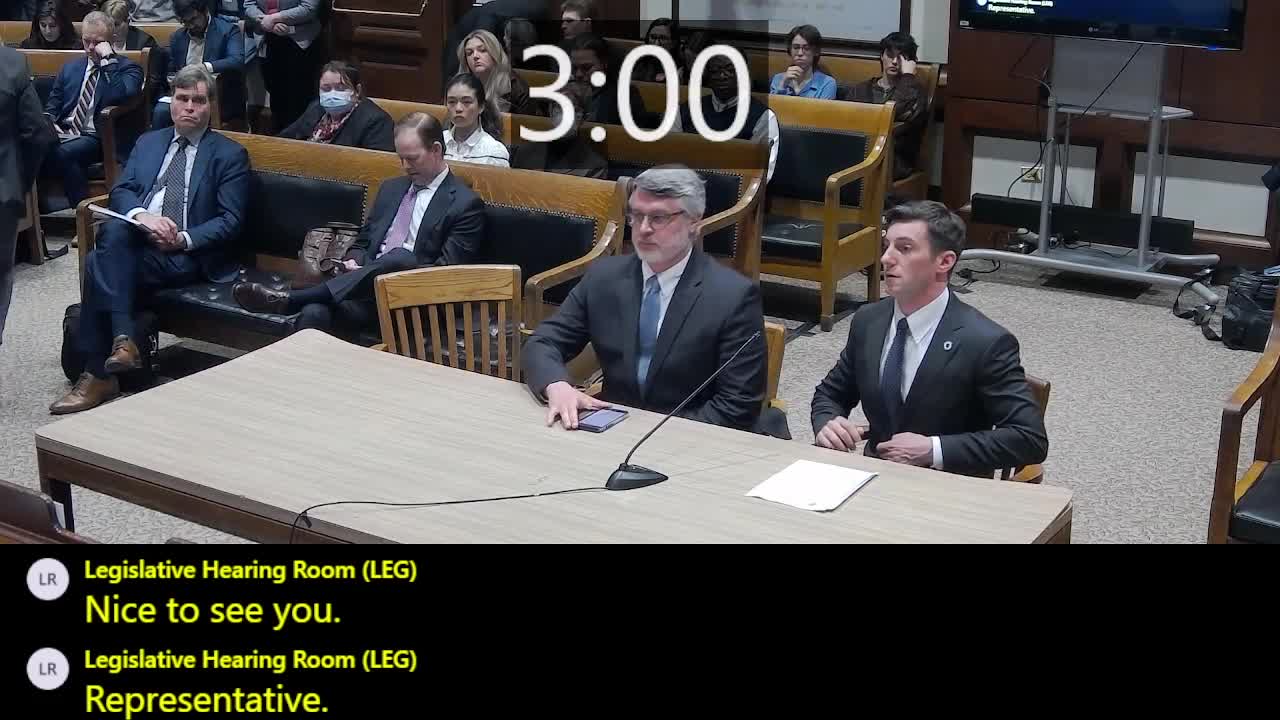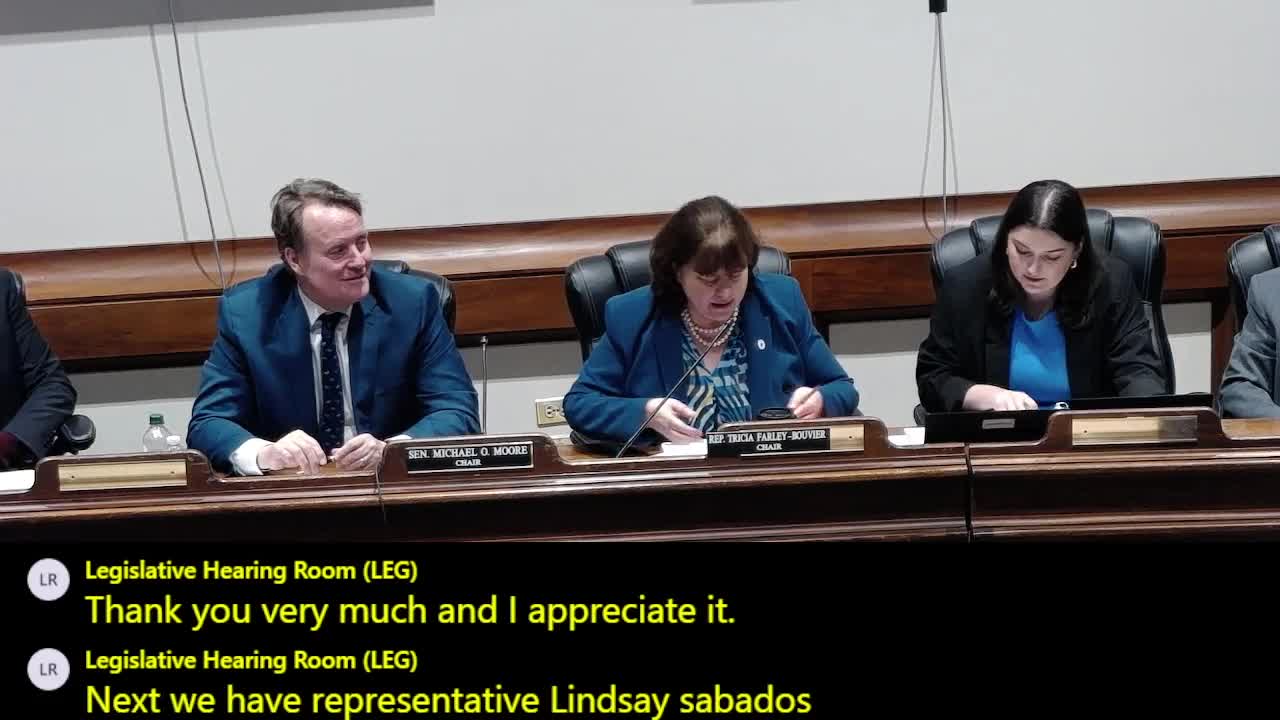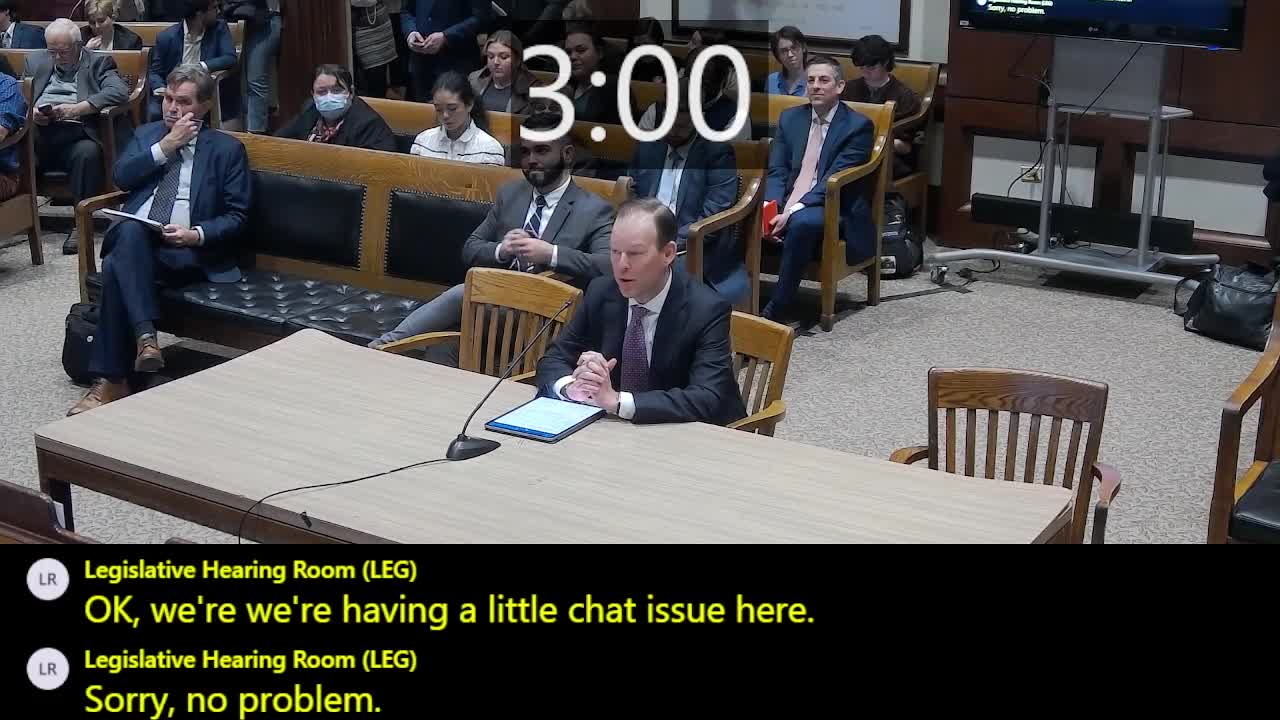Article not found
This article is no longer available. But don't worry—we've gathered other articles that discuss the same topic.

Mass. hearing spotlights push to ban sale of precise location data to protect patients, protesters and vulnerable groups

New bill would treat neural data as especially sensitive; researchers, clinicians press for protections

Lawmakers consider ban on biometric and surveillance‑driven grocery pricing amid equity concerns

